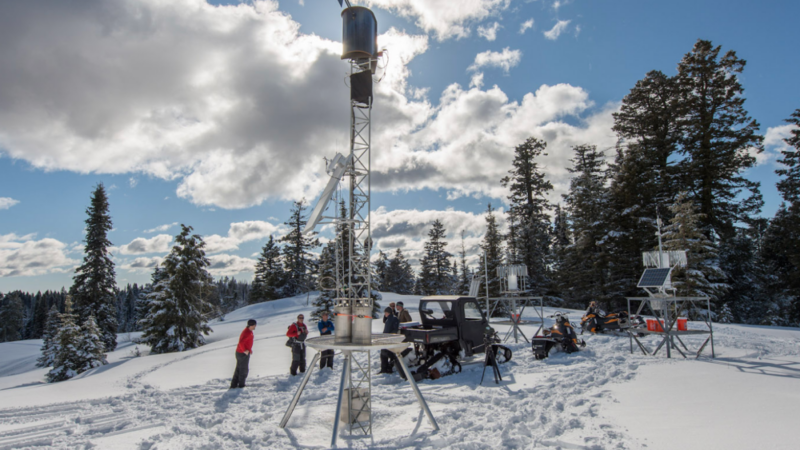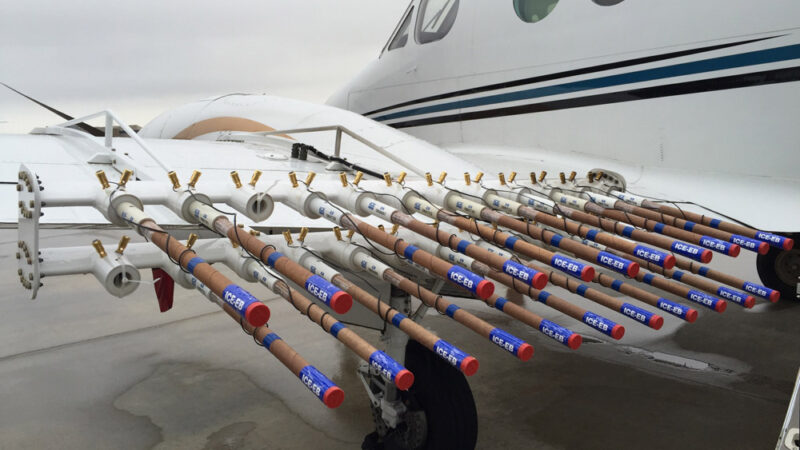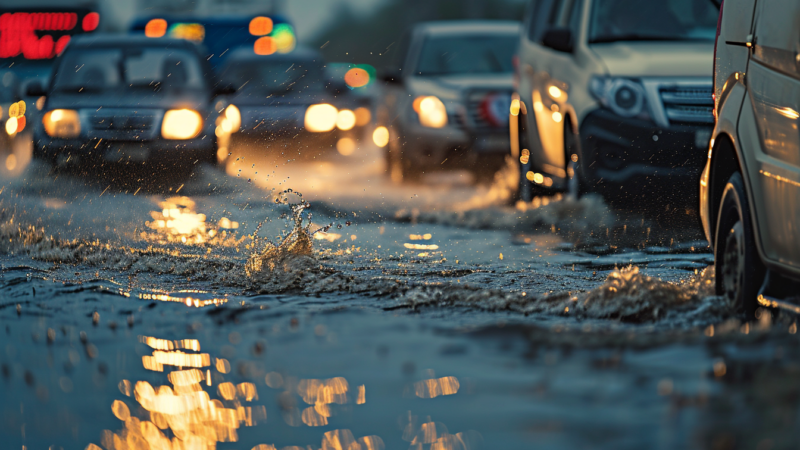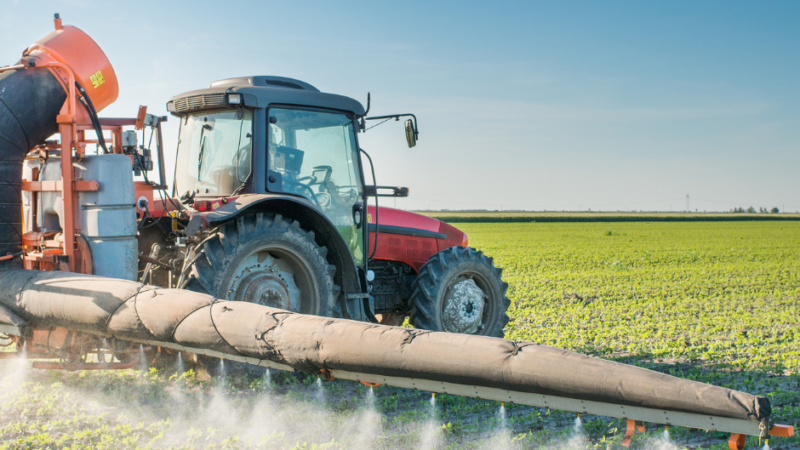Idaho Cloud Seeding on Trial

Part 1: Liability Release Analysis
Why were cloud seeding operators given special liability protections in 2021?
HB 266 states, “The act of cloud seeding pursuant to a project funded in whole or in part by the state of Idaho or authorized by the state water resource board shall not be the basis of any claim of liability, including but not limited to trespass or public or private nuisance, and shall not require any state or local permits.”
Public concerns
What good is a program that requires liability protections? Where there is risk, there must be liability. Many Idahoans were alarmed by this language and wondered why citizens and private property rights were potentially put in harm’s way for an experimental program.
Cloud seeding is performed by either ground generators or aerial application. Both methods do not allow Idahoans to opt-out. Citizens began to wonder why cloud seeding operators asked for liability exemptions.
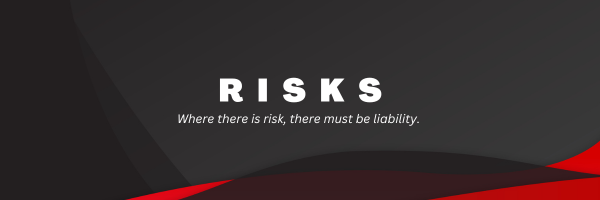
Risk of accident
According to a 2023 Idaho Aviation accident Score Card (IAASC) report, “Aircraft accidents increased from 24 in 2020 to 38 in 2021 – a 35% jump” Did Idaho Power, Idaho Water Resources, and cloud seeding stakeholders acknowledge aviation risk and ask for liability exemptions?
Risk of environmental impacts
“A 2016 study published by the National Library of Medicine found “cloud seeding may moderately affect biota living in both terrestrial and aquatic ecosystems if cloud seeding is repeatedly applied in a specific area and large amounts of seeding materials accumulate in the environment.” The Department of Environmental Quality (DEQ) must develop and test the accumulation levels of all chemical agents used in cloud seeding. This includes silver iodide and the impacts of liquid propane as well as all trace chemicals (discussed in an upcoming article). HB 266 allows cloud seeding operators to experiment without “state or local permits.” No permits and no liability for cloud seeding operators only increased public skepticism in the safety of the program.
Risk of infringement on private property rights
We will also investigate where cloud seeding generators are located and flight maps of aerial cloud seeding. If your property is located near these generators or within flight paths, ask yourself why cloud seeding operations, “shall not be the basis of any claim of liability, including but not limited to trespass or public or private nuisance.”
We will explore other reasons (from flooding to chemical use) Idahoans are asking questions and demanding accountability in this experimental cloud seeding program. This is part one of a four-part series.
More Concerns
What can you do?
- Call or write your representative. Several representatives expressed support of our bill and, encouragingly, it was bipartisan support.
- Sign the petition. If you are concerned with cloud seeding operators receiving special liability protections and would like to see responsible testing take place.

